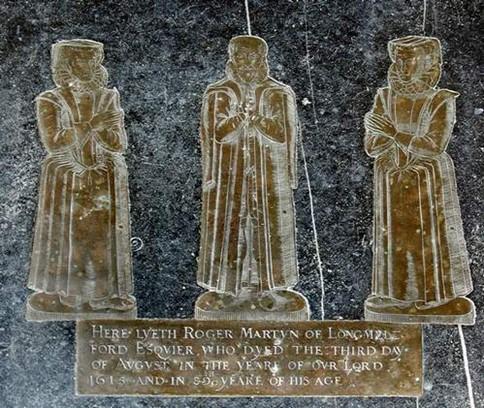Memory in Early Modern England

Without memory, we could not write History. But memory itself has a history. This Special Subject investigates one segment of that history in the context of sixteenth-and seventeenth-century England. By contrast with medievalists and modernists, early modernists have been slow to investigate how the arts of remembering and forgetting were implicated in and affected by the profound religious, political, intellectual, cultural, and social upheavals of the period. However, there is now a growing surge of exciting and stimulating research on this topic. Its relevance and centrality to key historiographical debates and its capacity to shed fresh light on classic questions regarding one of the most tumultuous eras in English history are increasingly being recognised. Set against the backdrop of the profound ruptures of the Reformation, Civil Wars, and the constitutional revolution of 1688, this Paper seeks to explore how individuals and communities understood and practised memory alongside the ways in which it was exploited and harnessed, divided and fractured, by the unsettling developments through which contemporaries lived and in which they actively participated. It assesses the role played by amnesia and oblivion, nostalgia and commemoration, in facilitating change and in negotiating the legacies it left. Students will be exposed to a wide range of primary sources –from chronicles, diaries, histories, memoirs and compilations of folklore to legal depositions, pictures, maps, buildings, funeral monuments and material objects –that afford insight into the culture and transmutations of early modern memory.
Sessions in the Michaelmas Term will explore contemporary perceptions and practices of memory. They will illuminate the ways in which traditional modes of remembering were reshaped by the Renaissance revival of mnemonic techniques, the rise of literacy and the advent of print and explore the continuing role of ritual, performance, gesture and speech in transmitting inherited knowledge down the generations. They will consider the sites and locations in remembering and forgetting took place – landscapes, churches, homes, studies, libraries, archives – together with the role that material culture, including fixed memorials and portable heirlooms, played in conveying the memory of people and events. Attention will also be given to the new textual forms that emerged to document the self, local societies, and the nation at large. The aim will be to sketch the features and contours of what has been called ‘the social circulation of the past’.
In the Lent Term the emphasis shifts to the dramatic and transformative events that framed the period. Sessions will investigate the ways in which the Reformation challenged fundamental assumptions about what it meant to remember, particularly in relation to the dead. The concerted campaign to recast and erase the Catholic past which the Protestant project entailed will also be assessed, with a particular spotlight falling upon iconoclasm, which one scholar has described as ‘a sacrament of forgetfulness’. Alongside this, we shall trace the new memory cultures that the Reformation engendered: legends of heroic martyrs and patriotic myths of providential intervention to save England from popish malice and tyranny. Finally, attention will turn to the impact of the mid seventeenth-century Civil Wars and Revolution and to their contested and varied afterlives in subsequent decades. Sessions will be devoted to the interplay of official and seditious memories, to attempts to extinguish the memory of the unprecedented act of the regicide, and to the mental and emotional scars that the wars left on those who were the victims and perpetrators of violence.
At a higher level, the Paper also invites students to engage with theoretical and interdisciplinary perspectives on memory. It aims to provoke critical reflection on how the master narratives and dominant paradigms that shape our understanding of the period came into being and the lingering imprint they have left in scholarly and popular thinking. It is hoped that it will also provide students with deeper insight into the methodological challenges of writing History itself and its complex relationship with human memory.
This material is intended for current students but will be interesting to prospective students. It is indicative only.
